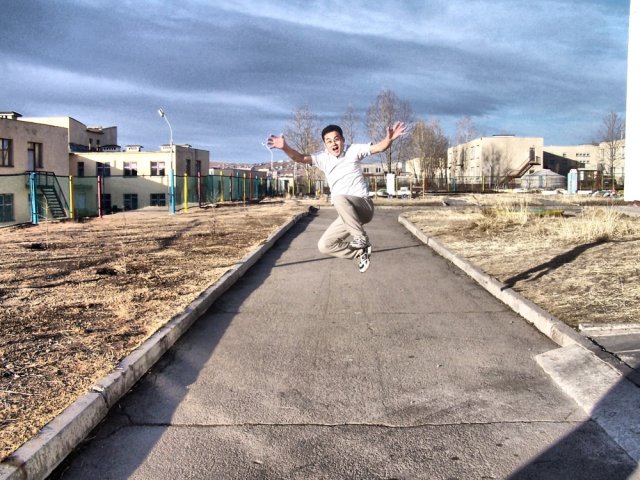Apparently last Monday was statistically the most depressing day of the year. Mondays are difficult because at this time of the year we regret the return to the daily grind after the Christmas break, then there’s all the broken New Years Resolutions. Mondays are also difficult because our natural body clock is 25 hours, therefore at the weekend we tend to sleep in, making it difficult to get up on Mondays, and when we are tired we are liable to be more grumpy.
So that’s the depressing theory, but, what can we do to avoid the Monday Blues?
Don’t Spend Your Weekend Thinking of Monday
Half the problem of Monday is in the anxiety and worries we have over the weekend. Enjoy your weekend and leave Monday for Monday. Rather than worrying about the potential problems seek to remember the good aspects of work. Most of our worries prove groundless any way.
Be Grateful for what you can
The nature of the human mind is to focus on negative aspects of life. We think of the frustrations of work and the daily problems. Rather than let our mind build up an impressive list of reasons to be miserable, we should think of several reasons to be grateful and appreciative. Even in a repetitive job we can find positive aspects. If nothing else, we can be grateful we have a job to go to. By appreciating the good things in our life, we give them more importance. It has a big impact on our personality and character. Those who are always complaining are the least fun to be with. If you are positive you will attract people to you and create a positive energy.
Don’t Mess up Your Body Clock
If we feel physically tired it is much more difficult to be in a good frame of mind. One of the best things is to keep a certain routine at the weekend. Don’t sleep in, but keep your usual body clock. It will give you more time to enjoy the weekend and making getting up on Monday much easier.
Have A Life Beyond Work
At various times we need to stop and evaluate the priorities of our life. If our main activity is only work, we are living an unbalanced life and any problems we have with work will dominate our life. Give yourself something to look forward to on Monday evening or during the week. If you get a proper lunch break try to find something productive that you enjoy doing.
Don’t Get Frustrated with things you can’t control
Wherever we work there will be problems, awkward people and difficult issues. We can’t change this. If we move from one job to another, we will see the same problems repeated – just in different locations. The way to deal with difficult situations and people is develop a tolerance and detachment; we can’t expect to change our working environment to meet our expectations of a perfect workplace. My boss has an obsession with saving money so we get the heating turned off in the middle of the day and all kinds of things like that. Sometimes complaining can help, but, sometimes it makes it worse we have to be wise and deal with what we can.
The same principle applies for travelling to work. Try not getting frustrated when stuck in the inevitable traffic jams. See it as an opportunity to listen to your favourite music or even just do some stretching exercises.
Try something different
If you are getting bogged down by the repetitive nature of your work, try something different; look at your work from a different angle. For example, try being nice to an unpopular person at work. Try looking at work from a completely different perspective. Don’t get bogged down by small problems but try to see the bigger picture.
Take Pride in Mundane Tasks
Sometimes work feels unrewarding because it seems mundane with little reward or excitement. However, it is a mistake to think we have to do great things to gain satisfaction. Take pride even in small tasks. Work with a good attitude and don’t worry about whether you get external praise or not. If you can work without demanding external praise then you will enjoy your work far more. But, it is important that what ever we do, we gain job satisfaction. We might not want to do this job for very long. But, whatever we do have a positive attitude to it.
Take Exercise
Exercise is one of the best ways to change your mood and fight off mild depression. Try cycling to work, if you can or go to a gym sometime during the day.
Related








